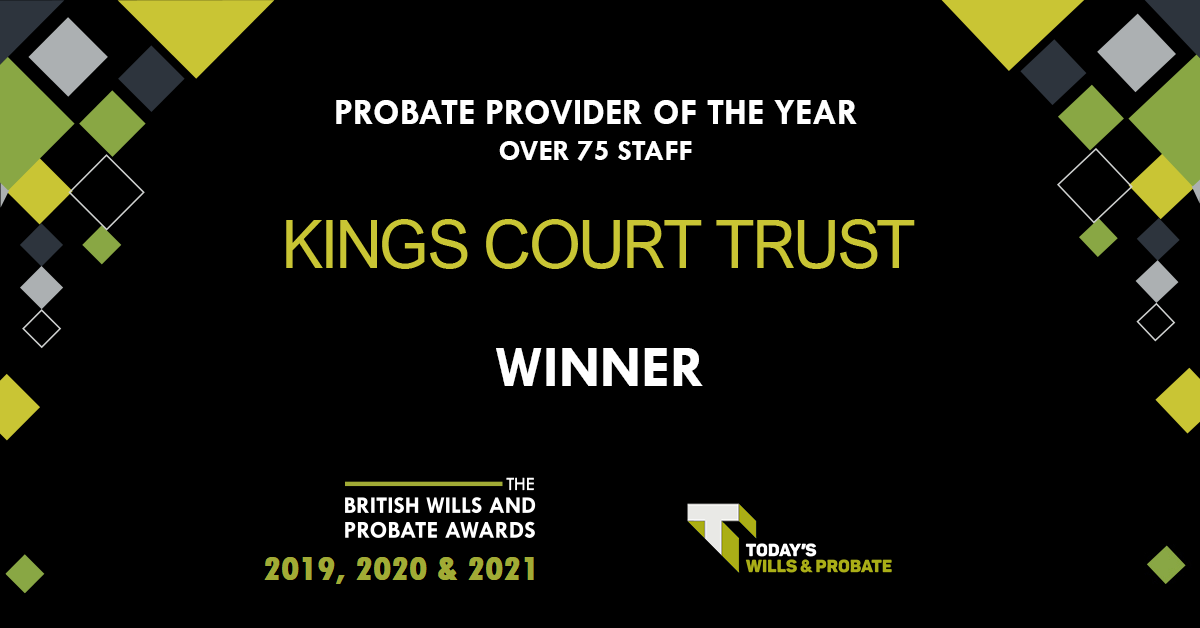Many adults in the UK do not have a valid Will. You may have a Letter of Wishes or otherwise documented requests, but a Will must be formally witnessed and signed in order to make it legally valid. Whilst you can make a Will yourself, it is strongly advised you discuss your circumstances with a professional to ensure you are considering all your needs. Additionally, a professional Will Writer will have the facilities to store your Will securely, which ensures that it is easily accessible upon your death.
This blog discusses what a Will is, why it’s needed, and how it should be written.
What is a Will?
Essentially, a Will is a legal document that ensures your money and estate is inherited by the people you want to benefit and, of equal importance, ensures the individuals who you don’t want to benefit from your estate are excluded.
The actual process of writing a Will is relatively straightforward and inexpensive. Despite this, more than half of people in the UK do not have a Will. Dying without a Will is known as ‘intestacy’ and can cause significant risk and cost to those left behind. Additionally, the rules of intestacy may not leave your estate to those who you’d like to receive it, causing legal disputes that could reduce the value of the estate. For example, the intestacy rules do not take into consideration couples that live together but are unmarried or not in a civil partnership.
Why is a Will important?
Without a valid Will in place, you risk your personal belongings and estate going to the incorrect people upon your death. Leaving a Will ensures that your loved ones receive their inheritance. In addition, a Will:
- Ensures any children are looked after by the legal guardian(s) you wish to take care of them, providing peace of mind that they are in safe hands if both parents should die. This also gives the guardian(s) the legal right to look after the children’s inheritance in Trust until they are of age.
- States what happens if the people you want to benefit die before you.
- Establishes who will manage your affairs after death (your Executor), who will inherit your family heirlooms/legacies, how money will be distributed to your charity of choice, your funeral wishes, and any Trusts.
- May help to minimise the impact of Inheritance Tax.
How should I write my Will?
Whilst it is possible to create a simple Will online, the information included is sometimes not enough. Basic Wills do not necessarily:
- Protect your estate if your spouse remarries or your partner marries
- Protect your children’s inheritance from a divorce
- Protect your grandchildren’s inheritance in the event of your children’s death
- Protect a child with addiction issues who inherits
- Protect a child with financial problems who inherits
A professionally executed Will ensures every element of your estate is covered. DIY Wills or simple Wills on the internet/from the Post Office may be more affordable at the time, but they don’t offer total protection.
By taking time to talk with a professional – whether that’s a Will Writer, Estate Planner, Financial Adviser, or Solicitor – before you make a Will, you’ll know you’ve considered every scenario. Whilst many do not enjoy the thought of planning for their own death, by preparing and taking responsibility for the inevitable, you can help avoid any disagreement and confusion amongst those left behind. This helps your loved ones avoid unnecessary stress and costly legal bills.
Should I update my Will?
Whilst making a Will is important, it’s equally vital to make sure it’s regularly reviewed and kept up to date. It’s recommended to check the contents of your Will at frequent intervals, such as every five years. However, there are specific life events that should prompt you to make an update. This includes:
-
Getting married or entering into a civil partnership
-
New additions to the family
-
Buying a property
-
Moving overseas
-
Separation or divorce
-
Financial changes
-
Health changes
-
The death of a loved one
What happens with my Will after my death?
Following your death, your Will needs to be located by the Executor. If the Will is stored professionally, this should be straightforward; the Executor will simply have to request it from storage. Then, they can administer your estate according to the wishes left within the Will.
However, if not professionally stored, the Executor may need to take additional steps in order to find the Will. If you choose not to put your Will in storage, it’s advisable that you let a trusted friend or family member know its whereabouts during your lifetime. This can save time and money for your loved ones, as they will not need to seek professional help or a Will Register Search in order to locate the document. For an overview of how to find a Will and other important documents, click here.
Kings Court Trust is an estate administration provider that offers award-winning solutions to support every family. If you’d like free, impartial advice or have any questions regarding probate and estate administration, call our Client Services Team on 0300 303 9000 or fill in the form below.








%20A4%20PNG.png?width=89&height=118&name=AGFD%20Logo%20%2B%20(R)%20A4%20PNG.png)

